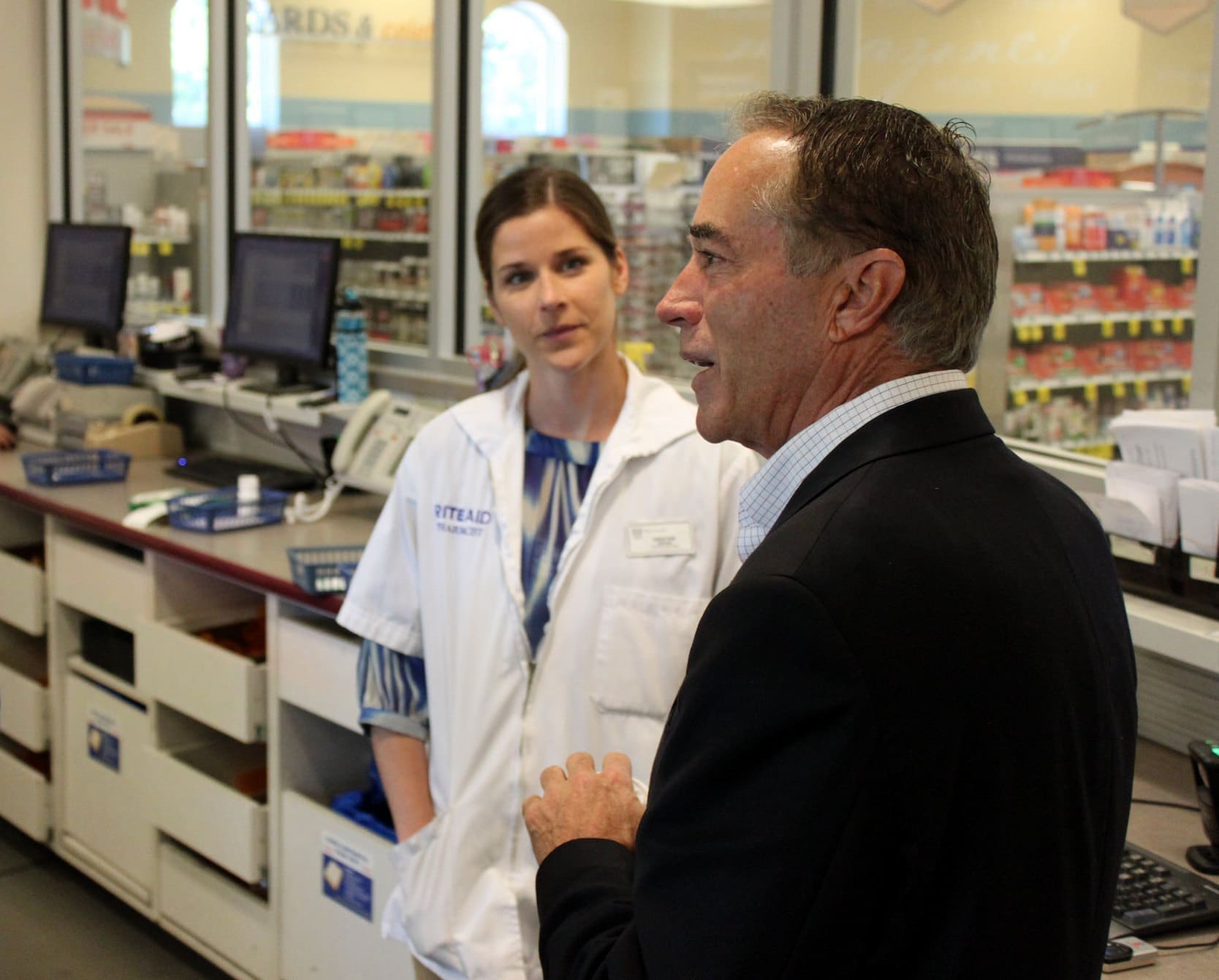“National Curiosity” Also Needed on Opioid Crisis
You may have seen the news this week about an interim report of the President’s Commission on Combating Drug Addiction and the Opioid Crisis. The Commission – chaired by Governor Chris Christie – included among its initial recommendations one that it describes as “first and most urgent”: declaring a national emergency on this issue. The Commission explained that bringing this type of intensity to the effort would have specific ramifications for funding and resource allocation, as well as awakening every American to the risks associated with drug abuse and addiction.
Pharmacy – including actions of NACDS specifically – maintains a long-standing commitment to developing and implementing solutions on this extremely challenging topic. In July, NACDS submitted comments to the Commission that describe this commitment, as well as specific views on new opportunities to improve the nation’s approach to addiction, abuse and diversion.
This is a topic on which NACDS has been engaged for a long time, and with tremendous concern for patients and for the pharmacy teams who serve them in every neighborhood across the country. There is often talk of the moment of truth that occurs at a pharmacy, when an individual arrives to have a prescription filled for a controlled substance. At that moment of truth, pharmacies and pharmacists often are caught in the middle of highly complex issues related to patient care, healthcare access, addiction, abuse, diversion.
In May 2015, an NACDS op-ed in the Tampa Bay Times put it this way: “The pharmacy counter … is where the patient ultimately is receiving either a ‘yes’ or a ‘no’ as to whether the prescription will be filled. However, pursuing a zero tolerance for drug abuse and a 100-percent commitment to patient care — at the same time — requires collaboration that reaches far beyond that interaction between a patient and a pharmacist.”
Whatever policy changes are ultimately made – with the active engagement of the pharmacy community and with diverse stakeholders – we are urging that they be pursued with a new level of national curiosity that gets to the essence of these complex issues like never before. It has been said that one needs to ask [ READ MORE ]



